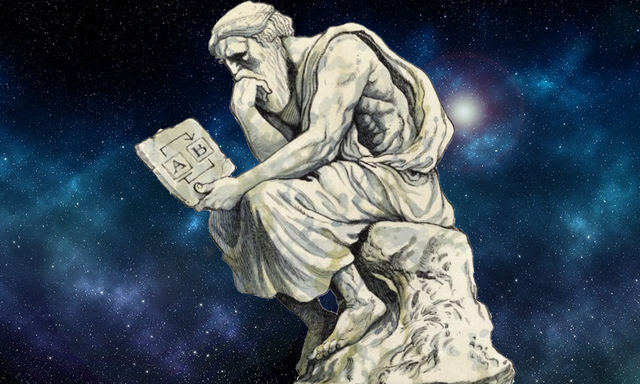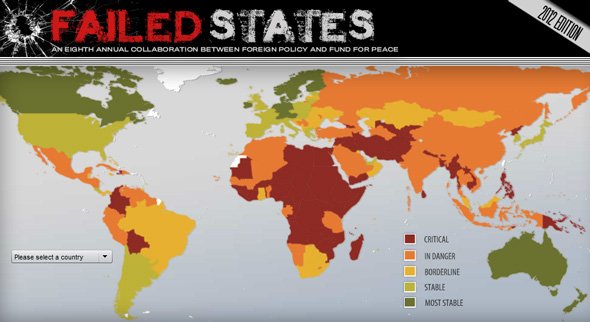Moral and Ethics:The Collective Failure

There is no doubt that for today's society there is no differentiation between ethics and morality; many assume that ethics and morality are simple synonyms. This thought process of the majority is what Spinoza would call "the first degree or level of knowledge" or "the knowledge of hearsay or by means of any sign of the so-called conventional". But also "by vague experience, not determined by understanding".
They are those who do not know the fact that words are abstract constructions of the process of human thought and that they were determinations of history, they arise in it and by virtue of the need that it objectively imposes. Or what is the same, that human action -eventually Spirit- imposes itself. Neither history is an anecdotary of the past nor are words flatus vocis. Words have historical meaning and meaning because their meaning can change with the passage of time, with social and, ultimately, political consequences.
Moral and Ethics
When questioning and reflective criticism floods the mind of a society with problems related to ethics and morals, it is because, although it is not fully aware of the same thought process, it is giving way to virtuous self-criticism of its failures and absences referring to actions committed in the past, yet it is not always fully complied with. It is demanded, it is demanded and it claims that which one does not have.
In moments of great difficulty, the conscience reigns to determine the main cause of all evils. In current crises such as those of Turkey, Argentina and Venezuela, there are those guilty to the right and sinister and not only because of technical or professional incompetence but also because of their own deliberation, acts are committed against other people without taking into account their liberties. In many occasions ideological systems are named as the main causes of poverty in the world, many say that it is the fault of capitalism, however, no time has ever been given for the reflection of those who with simple statements have the power to determine how much they can impoverish a society in a matter of minutes and those who decided to replace a person with such skills that attack the virtue completely. Who is responsible for the current misfortunes of these peoples? who or who are really responsible for their current misery? It is precisely here that questions of an ethical and moral nature fall.
This questioning rarely touches the self-criticism, when it is carried out, not infrequently it is assumed as if, who makes it, were free of sins, as if the rest, those maculated by the corruption of body and soul, were strangers, others, different and distant. It is easy to point out the culprits: "they", the "others", are the only ones responsible for the disaster. From a reflection of a basic visual plane the unhappy conscience deliberately points out to judge, but never to judge itself. It denounces and demands without denouncing itself and demanding itself. Things do not fall from heaven. Truth is the norm of itself and of what is false. History has often validated an old Hegelian argument:
People build the governments they have. Nothing comes out of nothing. The only "divine punishment" is the abandonment of individual education to give way to a collective education of unique thought, to replace reflective critical thought with simple instrumentalization, which becomes increasingly ignorant and mediocre. From the entrails of that ignorance, of that mediocrity, which spreads throughout the territory like an epidemic, corruption emerges as a way of life, while making collapse, failure, fear and the cult of death its greatest achievements, its supreme elements, its self-fulfilling satisfaction.

And this results in a fundamental differentiation between ethics and morality, which should be taken into account when determining those terms that transcend consciousness and are beyond the absolute human understanding. When it is said that ethics is theoretical while morality is practical, or that morality is the practice of ethical theory, it is assumed that theory is one thing and practice is another. Morality would be the active side, ethics the passive side, which sometimes intertwine and sometimes separate. It is forgotten that there can be no moral knowledge without an object of moral study, but also that there can be no object of moral study without a subject who knows it. Just as there are no individuals without society and no society without individuals, there is no ethics without morality and no morality without ethics. As there is no subject without object, no theory without praxis. Because there is an intrinsic and unbreakable relationship between these terms. You can only know what you are doing. You only do what you can know. Knowledge itself is a fact. Verum et factum convertuntur, as Vico said.
Morality includes the subjective aspect of the individual's conduct, the intentionality of the subject, his inner disposition. Ethics, on the other hand, contains the set of customs and values that are effectively carried out in history, such as the family, civil society and the State. Aristotle speaks of an "ethical theory", not of an ethics as a theory of morality. The fact that ethikós derives from ethos, whose meaning is that of customs, is already indicative of the fact that ethics is not limited to the description of moral conduct but, rather, deals with the criteria and values that must be respected by citizens. It is then the misappropriation of ethical principles that leads to current situations such as those in Venezuela, Turkey and Argentina. Although one wants to look for economic, political and social errors, one does not go to the cultural background where lies the ethics of a society that has little virtuousness, and where vileness and sin is morality itself.
In this sense, and as Hegel maintains, eticity is the very idea of freedom, the "living good" of the community. It is not a recipe book of natural or formal principles, prior to the social task, but, precisely, the possession in the social conscience of the knowledge and the will that, through its concrete action, is constituted in effective reality. Eticity is the conquered freedom that has become an existing world, the "nature of self-consciousness", of which morality is an indispensable part, since in each act of each individual it becomes objective. Its sustenance is education. It is, therefore, a demand and a requirement for every new order that struggles to rise from the ashes, left by the moral and ethical crises, to begin to build from now on the firm bases of a new ethic for the consolidation of a new society.
Notes:
- Phenomenology of the Spirit - Hegel
- Ethics - Spinoza
 Posted from my blog with SteemPress : Here
Posted from my blog with SteemPress : Here
Curated for #informationwar (by @commonlaw)
Our purpose is to encourage posts discussing Information War, Propaganda, Disinformation and other false narratives. We currently have over 8,000 Steem Power and 20+ people following the curation trail to support our mission.
Join our discord and chat with 200+ fellow Informationwar Activists.
Join our brand new reddit! and start sharing your Steemit posts directly to The_IW!
Connect with fellow Informationwar writers in our Roll Call! InformationWar - Contributing Writers/Supporters: Roll Call Pt 11
Ways you can help the @informationwar